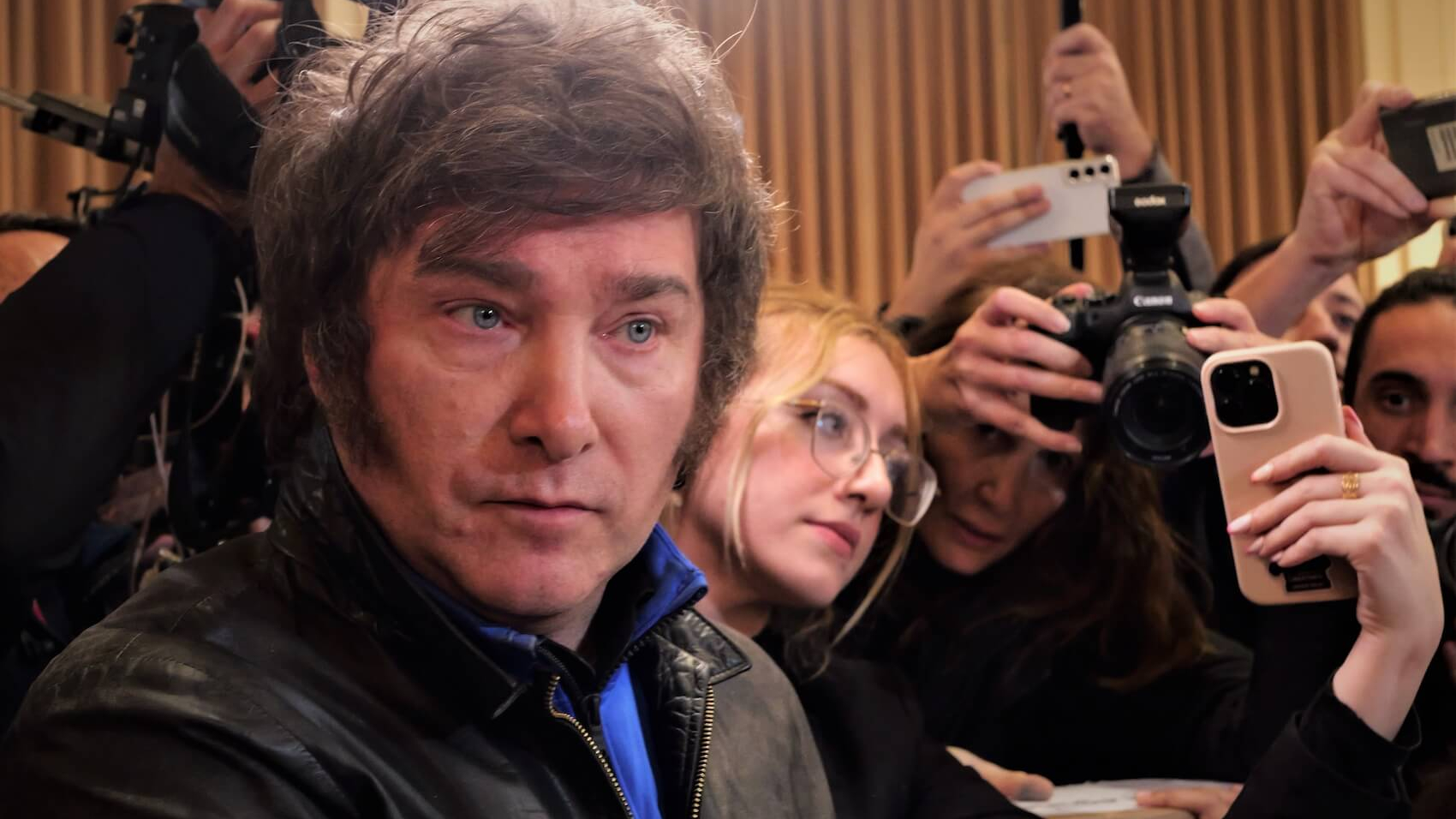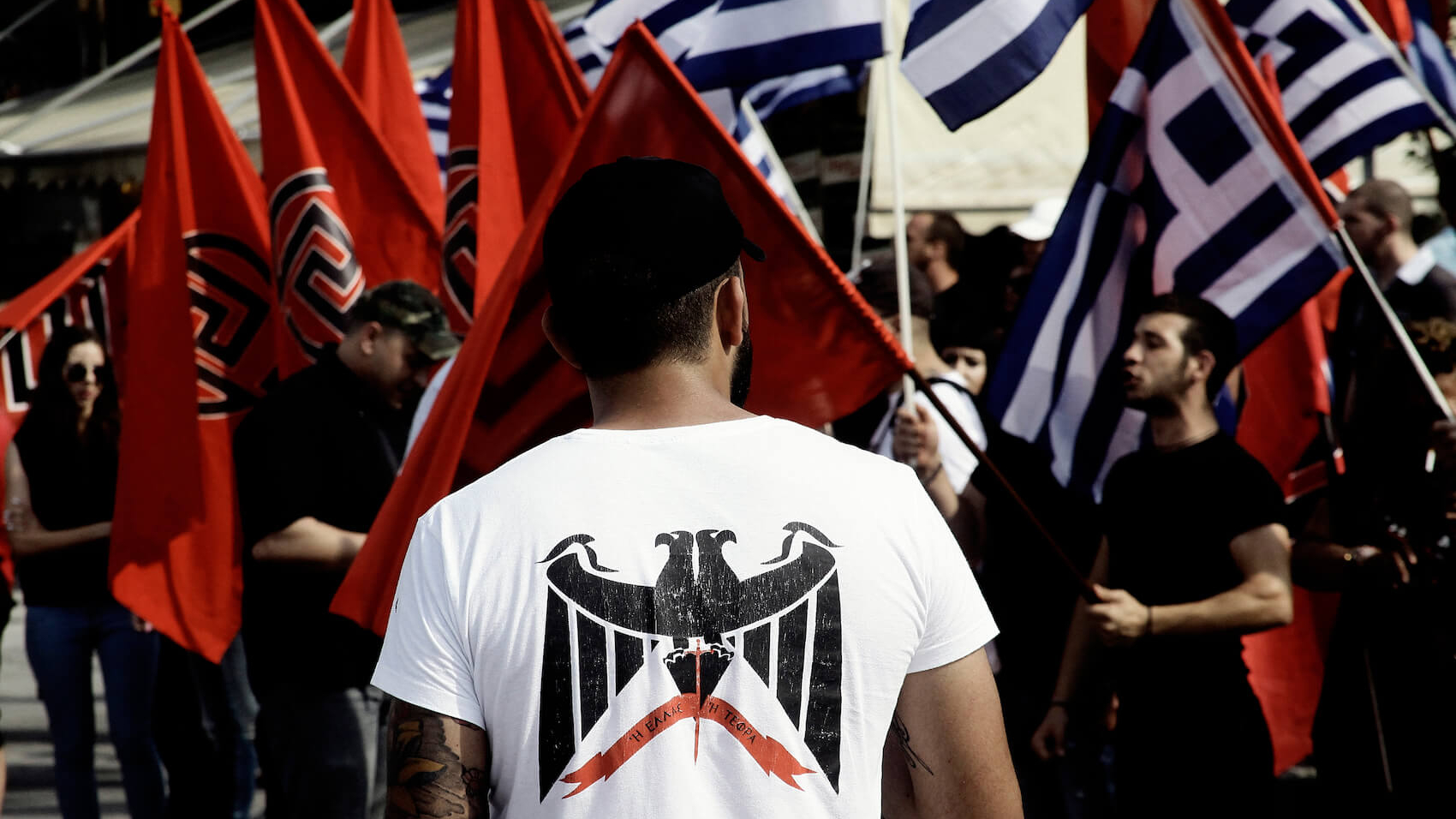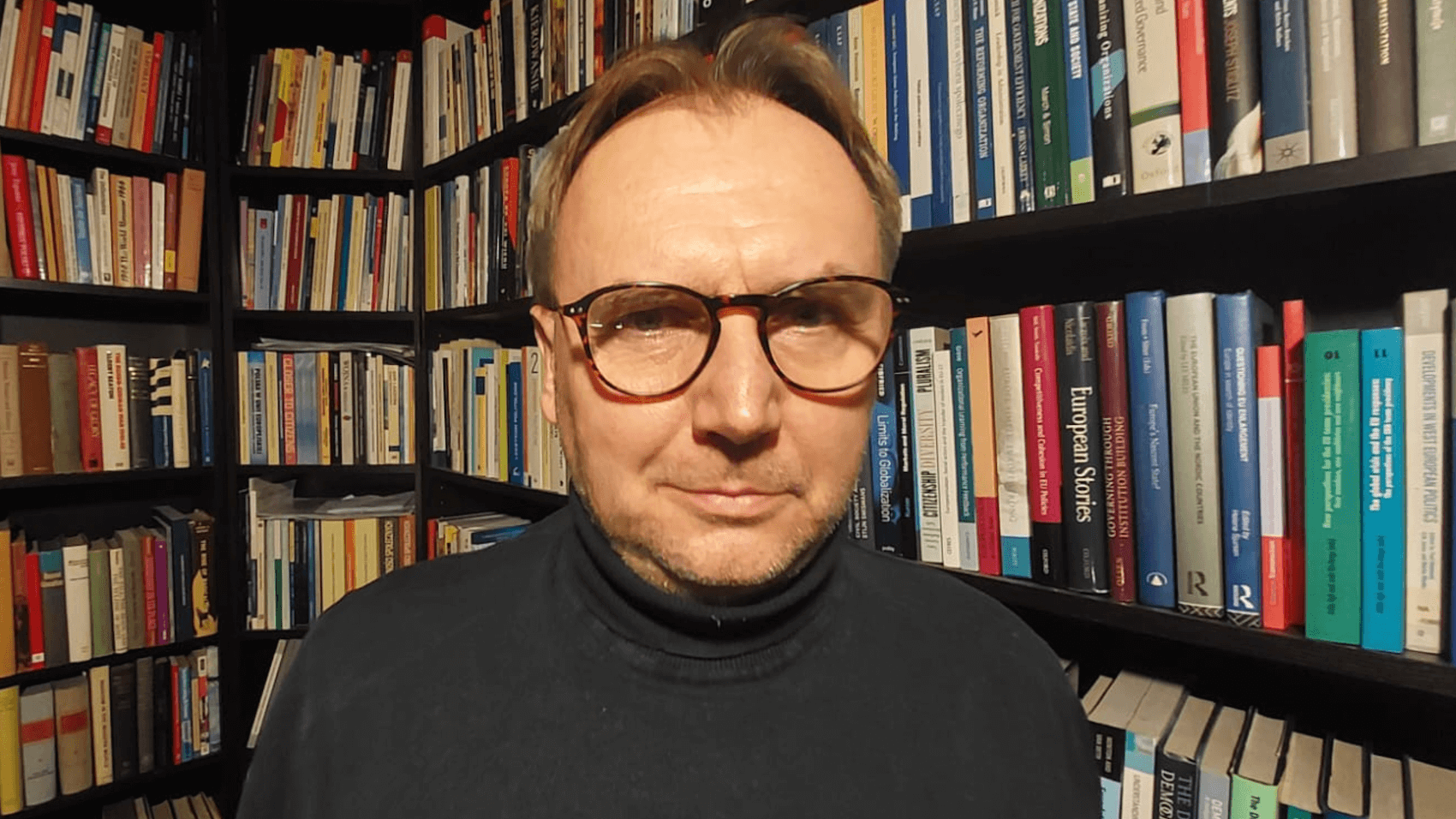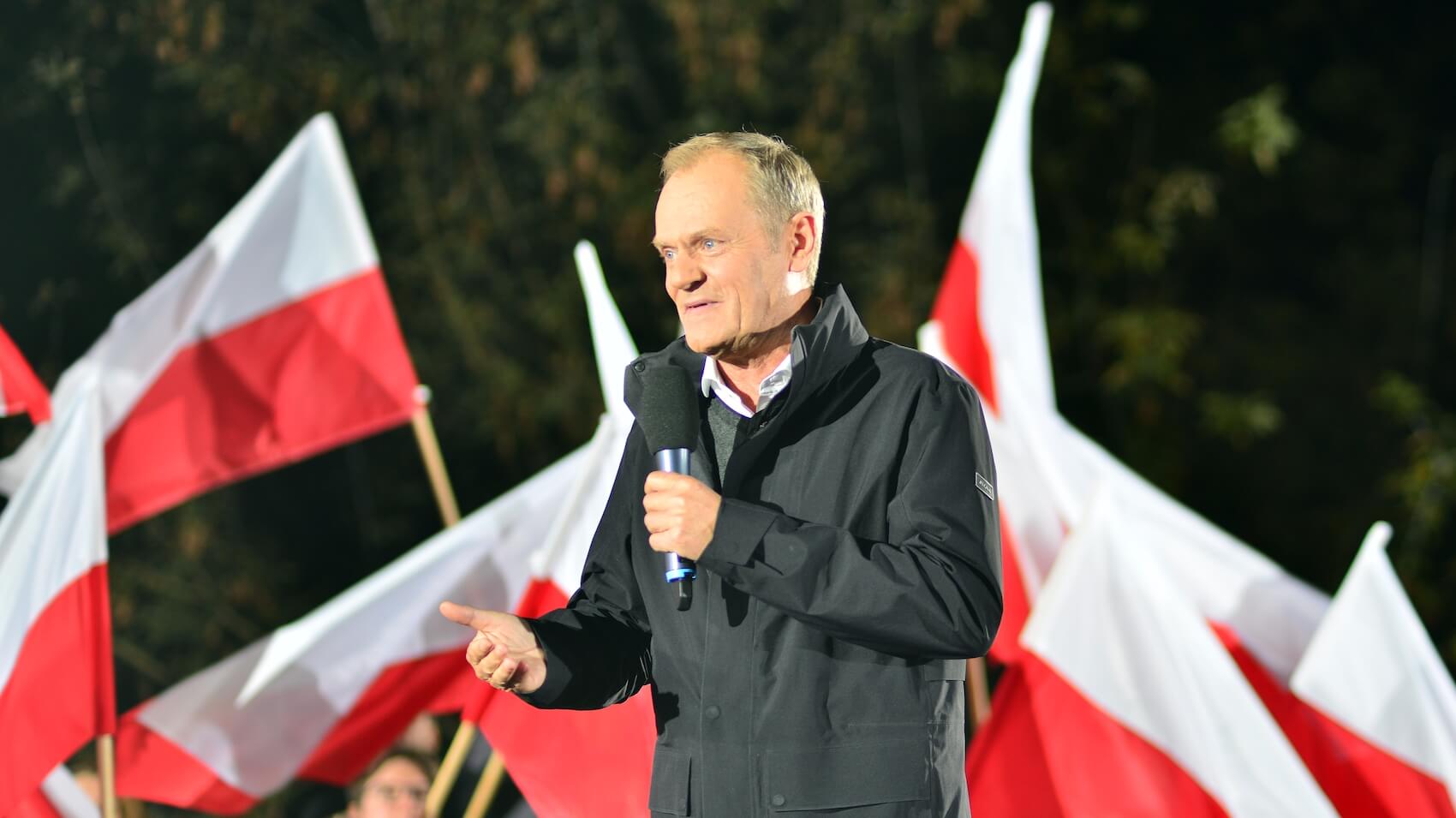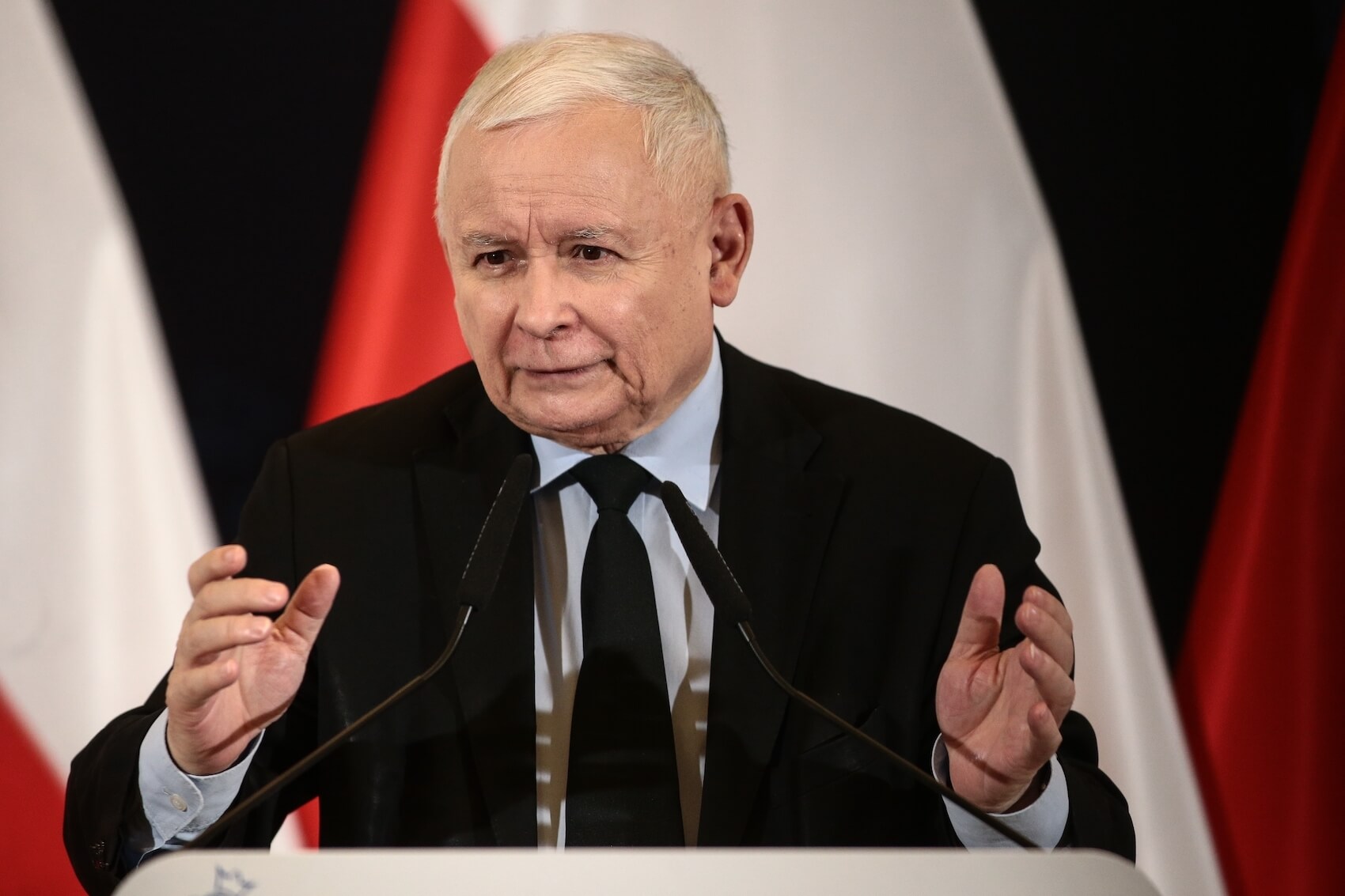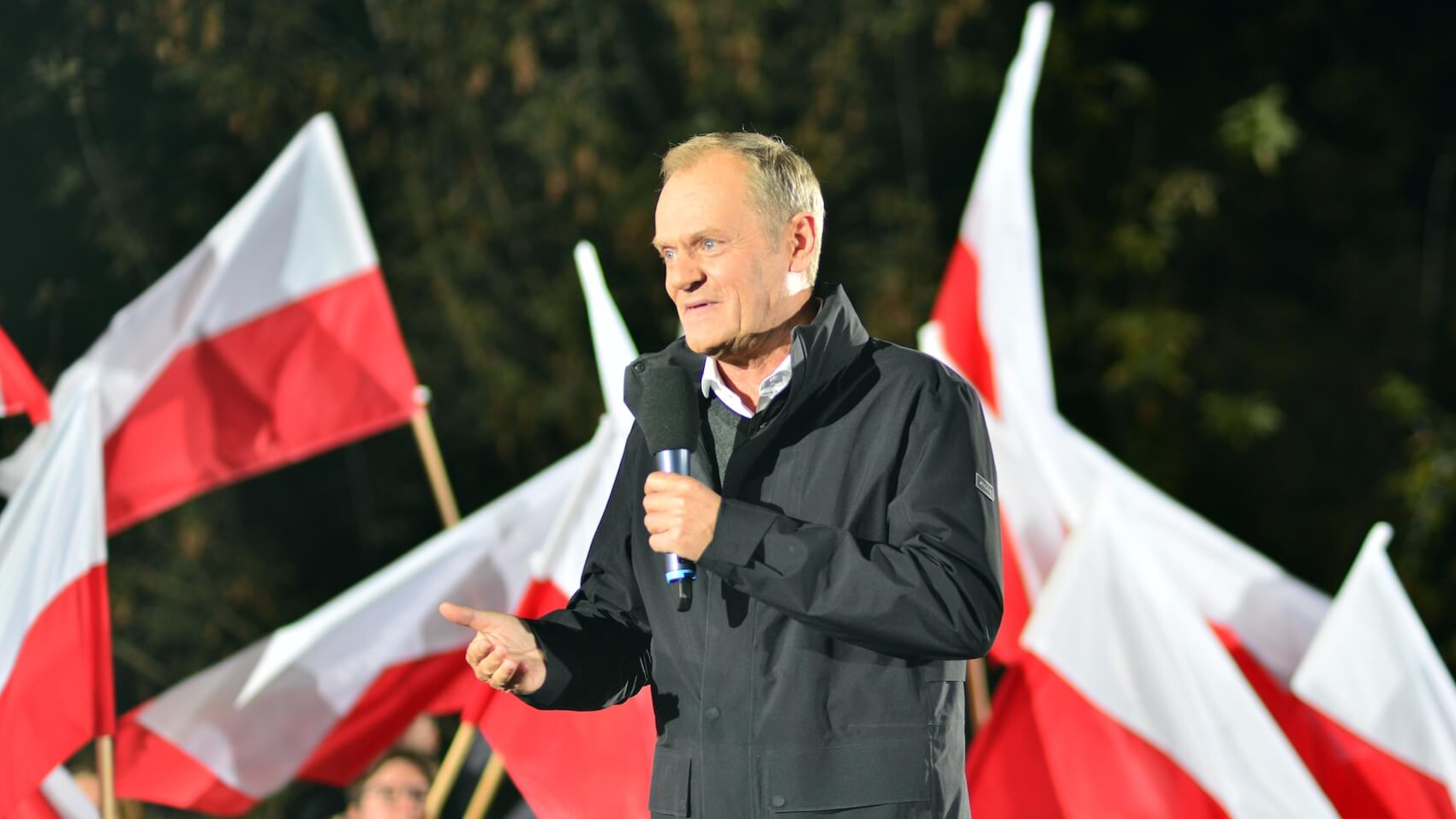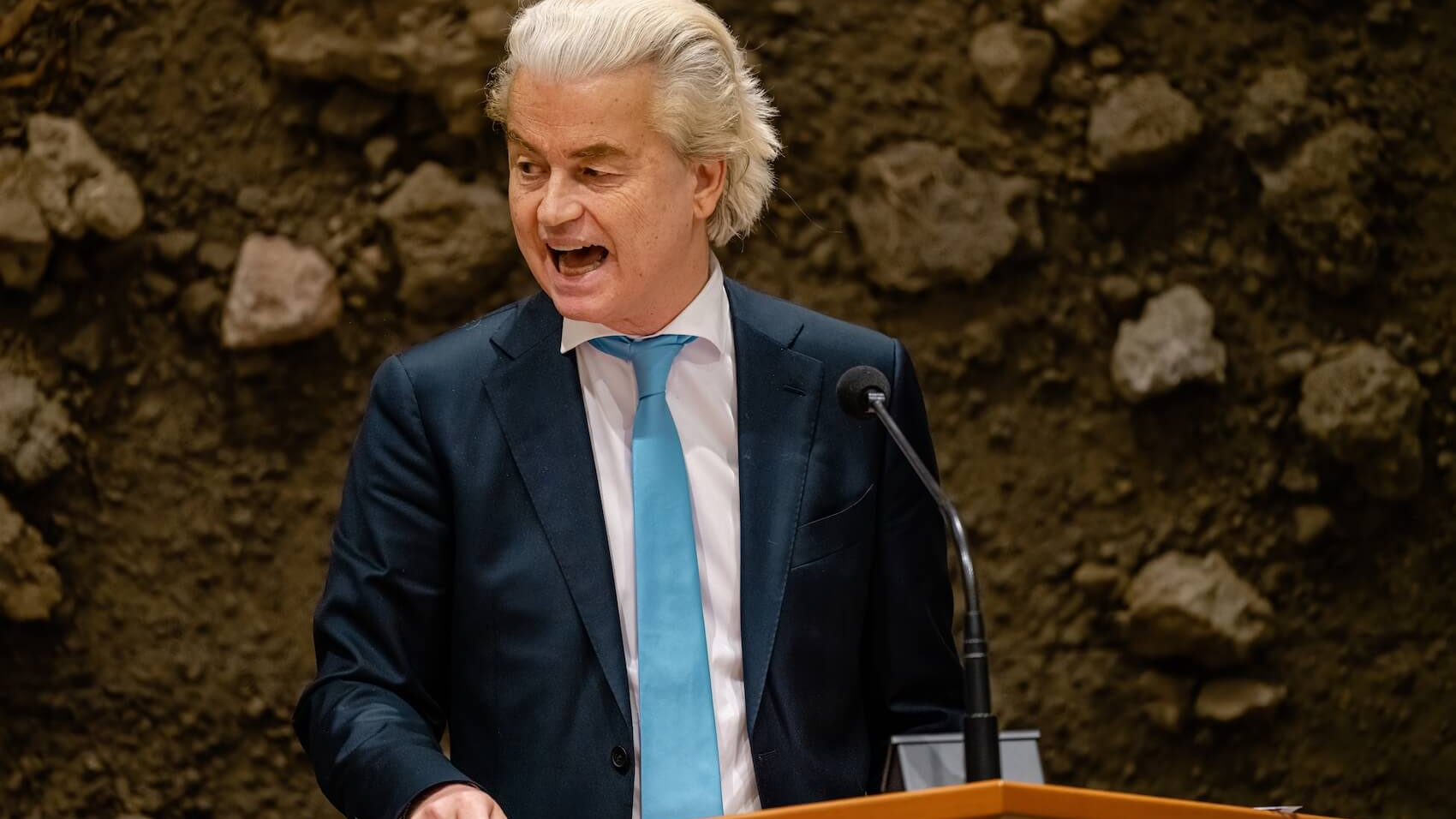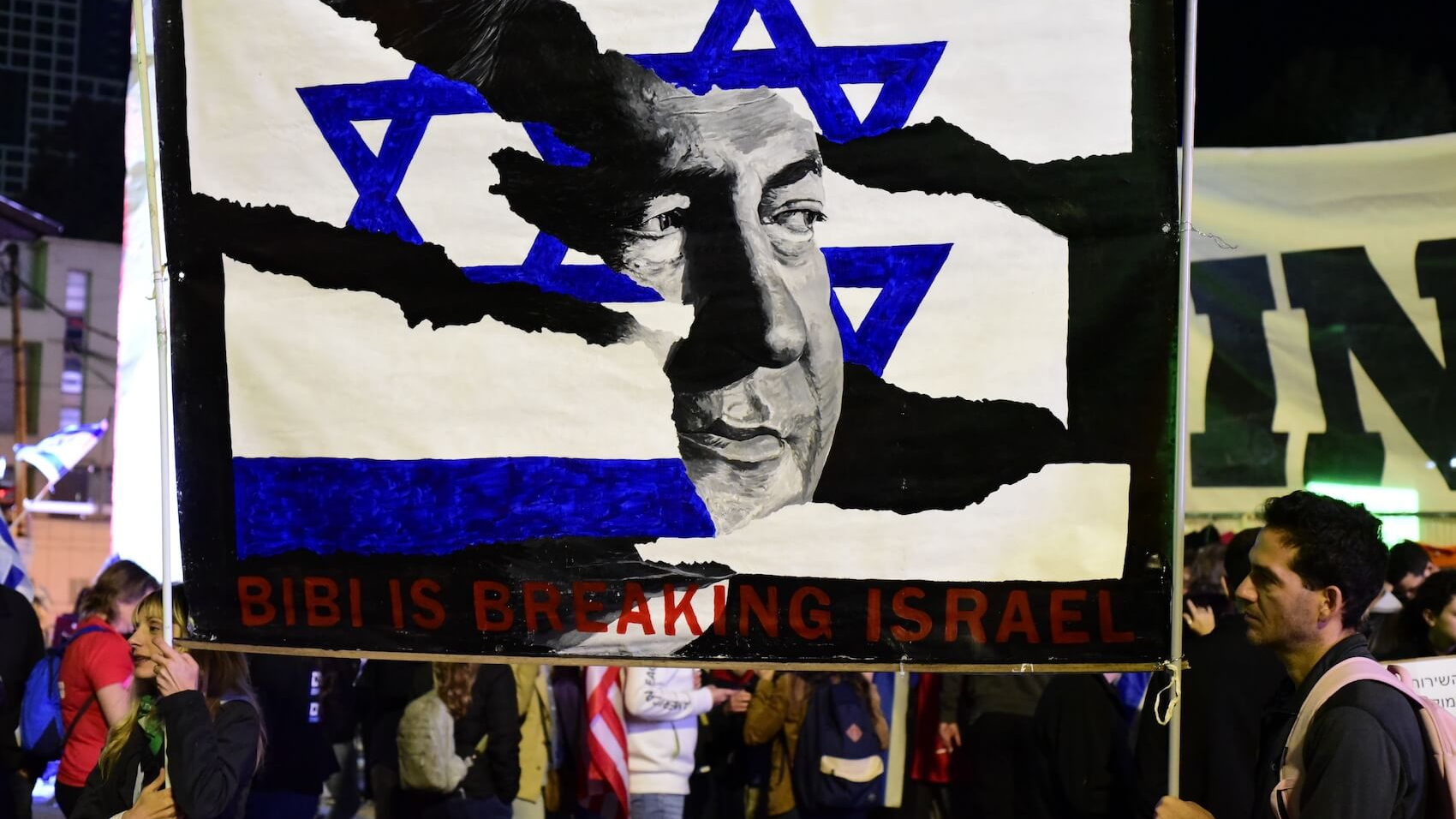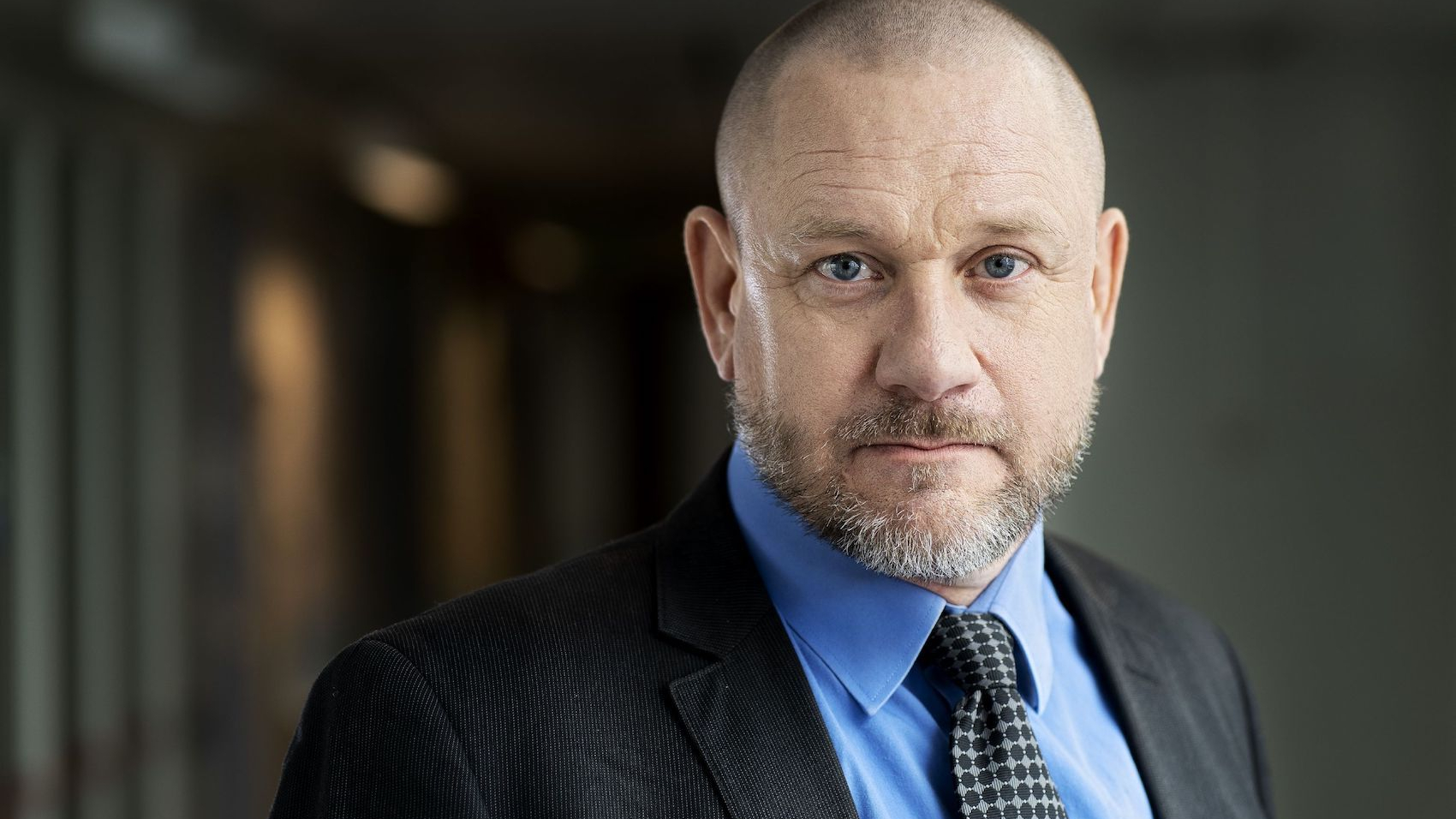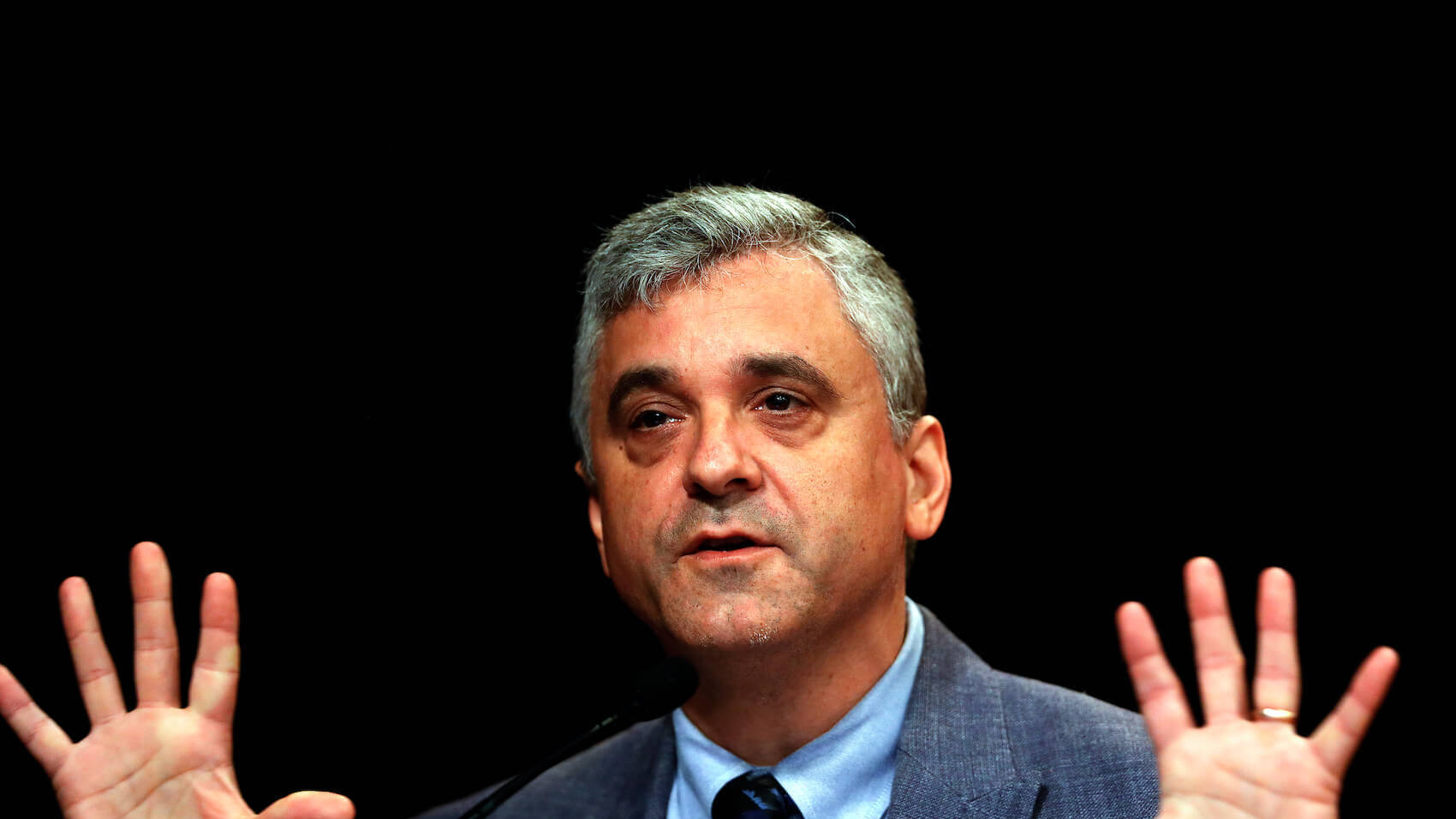In 2023, populism continued to shape the electoral landscape worldwide, notably in Europe but also in East Asia and Latin America. And it is clear that 2023 did not see the outright resurgence of populism worldwide as some had predicted but instead produced another year of mixed results, with critical successes and also major setbacks for populists at the ballot box.
As 2023 draws to a rapid close, it is time to review the year in populism. With key electoral contests scheduled throughout the year, observers were keen at the outset to see whether and how populist movements might fare electorally after the“mixed bag” of 2022, which saw populists rewarded (think Georgia Meloni’s stunning win in Italian parliamentary elections at the helm of the neo-Fascist Fratelli d’Italia and Viktor Orbán’s success in achieving a fourth consecutive term for Fidesz in Hungary) but also rebuked (most obviously in the outgoing administration of Jair Bolsonaro in Brazil in January and the decisive defeat of Marine Le Pen in the second round of the French presidential election in April).
In 2023, populism continued to shape the electoral landscape worldwide, notably in Europe but also in East Asia and Latin America. And it is clear that 2023 did not see the outright resurgence of populism worldwide as some had predicted but instead produced another year of mixed results, with critical successes and also major setbacks for populists at the ballot box.
In this commentary, I review the scorecard for populism globally in 2023. Looking back over the last twelve months, I detail the performance of populist parties and leaders, their electoral successes and failures and the significant political events of the year as they relate to populism. After surveying the major electoral events of the year, I offer some critical insights into their implications, in particular, with a view to the year ahead in 2024. Indeed, some have dubbed 2024 the “Year of Elections”, as it will be the biggest ballot year in world history, with some 2 billion voters going to the polls across the globe.
Key Wins and Losses
Populism globally in 2023 was characterized by a series of regional wins and losses, most notably in Europe in the first half of the year. The second half of 2023 saw notable gains for populist parties, culminating in Geert Wilders’ shock landslide win in the Dutch general elections in November.
A Win for Pluralism in the Czech Republic and for Populism in Slovakia
The year began with a decisive win for pluralism in the Czech Republic when retired NATO general Petr Pavel took 58% of the vote against Andrej Babiš, a billionaire industrialist, former prime minister and populist firebrand, in the second round of the presidential election on 27–28 January. The first round in mid-January had been much closer, with Pavel — who ran on a pro-Western, pro-European Union (EU) and pro-Ukrainian platform — taking 35.4 % of the popular vote, just ahead of Babiš (34.99 %). Babiš, who was facing criminal charges for corruption at the time of the election, led a divisive campaign featuring strong populist rhetoric and deep scepticism about the EU and Western support for Ukraine on the eve of the anniversary of Russia’s invasion. In a strong signal of the strength of Czech pluralism, voter turnout in the second round was high at over 70 % (up from 68 % in the first round).
In neighbouring Slovakia, the pendulum had swung the other way by the middle of the year. In late September, disgraced two-time former prime minister Robert Fico — who had resigned from office in March 2018 after widespread protests following his being implicated in the murder of investigative journalist Ján Kuciak — led his left-populist but socially conservative SMER (Direction–Social Democracy) to a surprise first position in parliamentary elections. With the issue of support for Ukraine high on the agenda (Fico declared he would end arms shipments to Slovakia’s embattled neighbour), fears rose in Brussels and Washington that a Fico victory would challenge the European consensus and embolden the camp of pro-Putin leaders in Europe led by Hungary’s Viktor Orbán. In a highly fractured party system, SMER took 22.9% of the vote and 42 seats in Slovakia’s 150-seat National Council. As head of the largest party, Fico was commissioned to form a government, and after much wrangling, President Čaputová swore him in as prime minister on 25 October in a government that included the ultranationalist Slovak National Party.
Estonia and Finland
In the northern Baltics region, as well, 2023 was characterized by a pendulum swing. In parliamentary elections held on 5 March in Estonia, incumbent Prime Minister Kaja Kallas’s Reform Party increased its numbers. True to form, the far-right populist anti-immigrant Conservative People’s Party of Estonia (EKRE) ran a highly divisive campaign focused on language politics, uncompromising border control, anti-immigration and opposition to further refugees from Ukraine. Under its new leader, Martin Helme, the party actually lost support but still came in second due to the collapse of the Centre Party, which had been caught up in a corruption scandal. Over half of ballots in the 2023 elections were cast online, and Helme cited supposed “anomalies and technical errors in the e-voting process” in his unsuccessful petition to Estonia’s Supreme Court to annul the results. In the end, Kallas returned to government at the head of a centrist coalition.
In neighbouring Finland, Prime Minister Sanna Marin was unable to head off a challenge led by the far-right nationalist Finns party (formerly the True Finns), who campaigned on a predictably anti-immigration and anti-EU platform and — like EKRE in Estonia — sought to make the climate transition a point of difference (challenging the Marin government’s carbon neutrality targets). Actually, in a campaign fought mostly on economic policy terrain, Marin’s own Social Democratic Party picked up three seats, while the Finns gained seven to take 46 seats, its strongest showing since the party was founded in 1995. Still, the Finns’ win came mainly at the expense of Marin’s far-left coalition partner, Left Alliance, whose vote share plummeted. After Marin and the other leftist parties ruled out forming a government with a party they described as “openly racist”, Petteri Orpo, leader of the victorious centre-right National Coalition, reached out to the Finns, the Swedish People’s Party, and the Christian Democrats to form a narrow majority government. In 2015–2019, the Finns were part of a coalition government — although mired in almost constant controversy and party splits — and already in June and July 2023, Finns’ ministers were courting media scandal for various anti-immigration remarks and harassment of journalists.
Unlikely Twins: Turkey and Thailand
Duncan McCargo and Ayşe Zarakol have famously dubbed Turkey and Thailand “unlikely twins” since — despite many obvious differences — they share histories as long-established nations that escaped direct colonization, allowing them the space to shape national modernization largely on their own terms, evolving very distinct “hybrid” forms of “tutelary democracy” as a result. In 2023, Turkey’s Justice and Development Party (AKP) and Thailand’s Pheu Thai — two national–populist outfits formed in the early 2000s against a backdrop of economic and political crisis and helmed by “anti-establishment outsiders” with natural populist appeal — again faced the voters.
With parliamentary and presidential elections in Turkey scheduled for May 2023, many hoped that President Recep Tayyip Erdoğan’s time was up after nearly two decades in power and an economy in serious trouble (not to mention his government’s initial poor handling of severe earthquakes in the southeast at the start of the year). Observers were especially keen to know whether the six-party coalition ranged against Erdoğan — the Nation Alliance, including the main opposition Republican People’s Party (CHP) headed by Kemal Kılıçdaroğlu — would fare better than the “United for Hungary” coalition against Viktor Orbán in Hungary in 2022. Alas, the Nation Alliance shared the same fate, failing to put forward a convincing campaign (coalition members bickered constantly) and Kılıçdaroğlu, while much-respected, seemed to lack Erdoğan’s legendary vim and vigour on the campaign trail. While Erdoğan narrowly failed to secure a majority in the first round (winning 49.5 % of the popular vote), he won a convincing second-round win against Kılıçdaroğlu to earn a third term in the presidential office, the first candidate to do so since the 1950s.
Thais also returned to the polls in May 2023 for the first truly free and fair elections since the Thai military coup of 2014 ousted the government of Yingluck Shinawatra, head of the populist Pheu Thai party and sister of former prime minister Thaksin Shinawatra, who was himself ousted in a military coup and sent into exile in 2006. Thailand was primed for a populist revival after years of stagnant military rule, and the 2023 campaign was fought on issues of progressive reform and a complete restoration of democracy. Pheu Thai and the progressive Move Forward party cornered the reformist, pro-democracy vote. In a fragmented field of over 60 parties vying for voter support, Move Forward — whose program was dominated by appeals to younger urban voters — took a whopping 151 seats out of 500 in Thailand’s House of Representatives (up from 81 in 2019) and pipped Pheu Thai — which ran a classic rural populist campaign that featured giveaways and promises to the poor and elderly, including an innovative proposal to provide Thais aged over 16 with a 10,000 baht (US$287, €263) “digital wallet” to purchase essential items — to the post (38 % of the vote to Pheu Thai’s 29 %). Initially, Move Forward and Pheu Thai joined forces at the helm of a governing alliance that signed a memorandum of understanding a week after the election. However, talks broke down over the summer, and Pheu Thai began negotiations with the military-backed parties to head an alternative coalition without Move Forward. And when Thaksin announced he would return to Thailand and hand himself in to serve jail time, it was clear that a deal had been struck between Pheu Thai and the palace–military establishment. Over three months after the elections, on 22 August, the same day Thaksin returned to hand himself in to authorities, the king appointed Pheu Thai’s Srettha Thavisin as prime minister.
Two Big Blows Struck for Pluralism: Spain and Poland
Two key elections during the year proved populists can be defeated at the ballot box. In July, Spain’s socialist prime minister, Pedro Sánchez, fended off an electoral assault from the right headed by the conservative Partido Popular (PP) and Spain’s far-right populist Vox party. The PP underperformed expectations even as it won the largest number of seats. Quite unexpectedly, Vox’s vote share plummeted, ensuring that the PP had no viable partner to form a majority coalition even with its plurality. As a result, King Filipe commissioned Sánchez to form a new government, and he was sworn in for a second term in September 2023. The ballot box defeat of the far-right, anti-immigration Vox — which had surged in the 2019 elections and again ran a campaign focused on anti-immigration, rolling back hard-fought rights for women (including on abortion) and the LGBTQ+ community, limiting the power of autonomous communities, as well as curtailing Spain’s international climate commitments — proved that despite their frustration with the ruling left-wing government, Spanish voters have no stomach for the kind of virulent anti-immigrant and anti-progressive agenda Vox advances.
October saw the resounding victory of Donald Tusk’s “coalition of coalitions” led by his “Civic Coalition” (Koalicja Obywatelska, KO) against the ruling national–populist Law and Justice (Prawo i Sprawiedliwość, PIS) government — a continuous thorn in the side of Brussels and Berlin — which was defeated after eight years in power. As I wrote in an ECPS commentary earlier this month, Tusk’s victory was simultaneously a win for Polish pluralism and democracy (voter turnout, especially among the young as well as Poles living abroad, broke all records) and for Europe, especially ahead of European Parliament elections in July 2024: “PiS’s defeat represents a clear win for Polish democracy, for pluralism writ large, and for Europe”. This conclusion holds even in the light of Geert Wilders’ shock victory in the Dutch elections in November (see below).
An Indian Summer for National Populists?
The autumn also saw several key ballot box events that confirmed the enduring strength of national populism worldwide.
Elections in the German states of Bavaria and Hesse on 8 October saw a surge in voter support for the far-right populist Alternative für Deutschland (AfD), with the party coming in second in Hesse and third in Bavaria, mainly at the expense of left-wing parties. These results indicated a growing “normalization” of the party among the electorate and fears that Germany’s far-right “firewall”, which sees the major parties refusing to work or vote with the AfD, may not hold ahead of federal elections scheduled for 2025.
October also saw a decisive defeat of the Voice Referendum in Australia, a proposal by the centre-left government of Anthony Albanese to establish constitutional recognition for Australia’s indigenous peoples for the first time and a related advisory body — the Aboriginal and Torres Strait Islander Voice to Parliament — to inform the legislature and executive on the impact of government policy on policies affecting Australia’s indigenous communities, who represent the oldest continuously existing culture on earth. The failure of the referendum indicates in no uncertain terms the thriving of Australia’s far-right populist “sovereign citizen movement” and its attendant social media ecosystem — made up primarily of far-right politicians and media commentators and internet trolls who spread mis- and disinformation, not to mention absurd conspiracy theories, about the referendum on Twitter, Facebook and Instagram but also messaging services like Telegram and WhatsApp. This campaign highlights that despite the Labor Party’s decisive May 2022 defeat of the incumbent centre-right Liberal–National Party coalition — dominated since 2010 by avowed right-wing populists — the underlying infrastructure for far-right populist mobilization in Australia remains alive and well.
State elections in India at the end of the following month also signal growing support for Narendra Modi’s right-wing national–populist Bharatiya Janata Party (BJP) in India. Modi — an avowed national populist who stands accused of abetting anti-Muslim riots that killed thousands when he served as first minister of his native Gujarat in the early 2000s — was buoyed by wins for the BJP in Chhattisgarh, Madhya Pradesh and the prominent state of Rajasthan across November, which seem to show his mix of Hindutva (Hindu chauvinism) ideology and anti-Muslim policies at home and nationalist foreign policy abroad is working ahead of general elections set for mid-2024 that seem likely to secure him a third term in office. Since the BJP first returned to power nationally in 2014, Modi has overseen a steady centralization of power in India and democratic backsliding that have seen observers increasingly concerned about the rule of law and pluralism in the world’s largest democracy.
November Surprise: Shock Victories for Milei and Wilders
No sooner had policymakers in Berlin, Brussels and Washington let out an audible sigh of relief at Donald Tusk’s decisive win in Poland in October than the map of populism was again scrambled with shock wins in late November for Javier Milei in the second round of the Argentinian presidential election and for Geert Wilders PVV in Dutch elections.
Let’s begin with the ultra-right libertarian Milei, an economist whose only political experience before the national elections was as a one-term member of the Chamber of Deputies from Buenos Aires. In the first round in October, the leftist candidate Sergio Massa pulled out an unexpected win (taking 36 % of the vote to Milei’s 30 %), leading some to contend that the threat from the flamboyant and mercurial Milei — who ran on a platform of laissez-faire economics and radical deregulation (he had previously described himself as an “anarcho-capitalist”, including a controversial proposal to dollarize the Argentinian economy and abolish the central bank — was overdone. But in the second round on 19 November, Milei, who paradoxically marries ultra-libertarian positions on questions of drug policy, guns, prostitution, and LGBTQ+ issues and a fervent opposition to abortion and euthanasia, won a resounding 55% of the popular vote. With protests against his sweeping, radical agenda already growing, led by the country’s voluble trade union movement, only time will tell how a president who cuts entirely against the grain of Argentina’s long-standing Peronist tradition will fare, especially given his limited support in the national legislature.
The shock of the year, however, came with the victory of Geert Wilders’ anti-Islam and anti-immigration Party of Freedom (PVV) in the Dutch elections on 22 November, which were fought mainly on issues of immigration and the economy and, worryingly, with several violent incidents against the far-right Thierry Baudet, came after a feud over refugee policy brought down the fourth government of Prime Minister Mark Rutte. In “one of the biggest political upsets in Dutch politics since World War II”, the PVV took 37 seats in the 150-seat parliament and now — as the largest party in the legislature for the first time — is in prime position to head a coalition government. Wilders — a firebrand’s firebrand who has been a feature of Dutch politics for decades but always from the sidelines — ran an openly racist campaign focused on banning new mosques, ending immigration to the Netherlands, leaving the EU and imposing harsh assimilationist policies on migrants already settled in the country.
Given his avowedly Christian nationalist (“I don’t hate Muslims. I hate Islam”) and anti-immigrant positions, the PVV victory triggered shockwaves across the political landscape in the Netherlands and Europe, with many seeing it as a harbinger of an ascendant far-right in Europe or even a return to fascism. Still, negotiations to form a government in the Netherlands are generally tortuous and always result in a moderation of partners’ positions. In the end, much of the PVV agenda is unconstitutional and will never be implemented. Moreover, if Wilders wishes to be part of a governing coalition, let alone prime minister, he will have no choice but to moderate his positions, something he has already pledged to do. As of the end of 2023, Only one other party with a significant number of seats has committed to a formal agreement with the PVV, and the likely long-drawn-out negotiations may not even result in the party being in government. Still, with the PVV taking nearly 25 % of the popular vote, it would be foolhardy to ignore the signal sent by Dutch voters in the November elections that they want to see an end to “business as usual”.
Implications: Looking ahead to 2024
As mentioned at the top, 2024 is shaping up to be the biggest ballot year in human history, with over 2 billion voters heading to the polls, including nearly 1 billion registered voters in India alone, where national elections will be held in April and May of 2024. Other key national elections will be held in Indonesia and Pakistan (February), Portugal (March), South Korea (April), the European Parliament and Mexico (June), South Africa (mid-year), the United Kingdom (likely late in the year) and the United States (November), to name just a few. Populism will be on the ballot of most, if not all, of these critical electoral contests.
We may gather the key implications into four key categories. The first concerns crises and breakdowns in the social contract. Elections in Finland, Slovakia, Argentina, and the Netherlands have shown that voters are turning to populist parties out of frustration with the failure of incumbent governments to address pressing social and economic concerns, including cost of living pressures. Take housing, for example. While the Dutch election was cast in terms of debates about immigration, rising urban densities and overcrowding and attendant shortages of affordable housing proved to be at the root of much of the electorate’s concerns.
The second implication is that populist politics has become the “new normal” in many countries and that subnational (state and municipal) elections and referendums can also be subject to populist pressures. The Voice Referendum in Australia showed that the “far-right media infrastructure” is still in place for populists to use as a mobilizing tool to spread mis- and disinformation. State elections in India and Germany in late 2023, in which populists saw a surge of support, send a dangerous signal ahead of national elections in those countries in the middle of 2024.
Third, in the EU populists are on the march ahead of European elections in June 2024. Fears are growing that a surge in anti-immigration politics and Euroscepticism off the back of Wilders’ shock win in late 2023 (and notwithstanding Poland’s return to the pluralist camp). Beyond the success of Robert Fico in Slovakia and the AfD at the state level in Germany, populists have no doubt been buoyed by gains in Italy, Hungary and Sweden in 2022.
Finally — and on a positive note — the stunning results in Spain and Poland tell us that voters in large democracies are put off by the most virulent anti-immigration and xenophobic appeals and that populists can be beaten decisively at the ballot box, especially when the opposition is united and has access to media and ensures “a savvy campaign platform that rallies … natural supporters while also allowing [for appeals] to the base of support of the populists.”
(*) Simon P. Watmough is a researcher based in Leipzig in Germany and a non-resident research fellow in the research program on authoritarianism at ECPS. Dr. Watmough’s research interests sit at the intersection of global and comparative politics and include varieties of post-authoritarian states, the political sociology of the state, the role of the military in regime change, and the foreign policy of post-authoritarian states in the Middle East and Southeast Asia. He is currently writing a book on the global history of populism.

